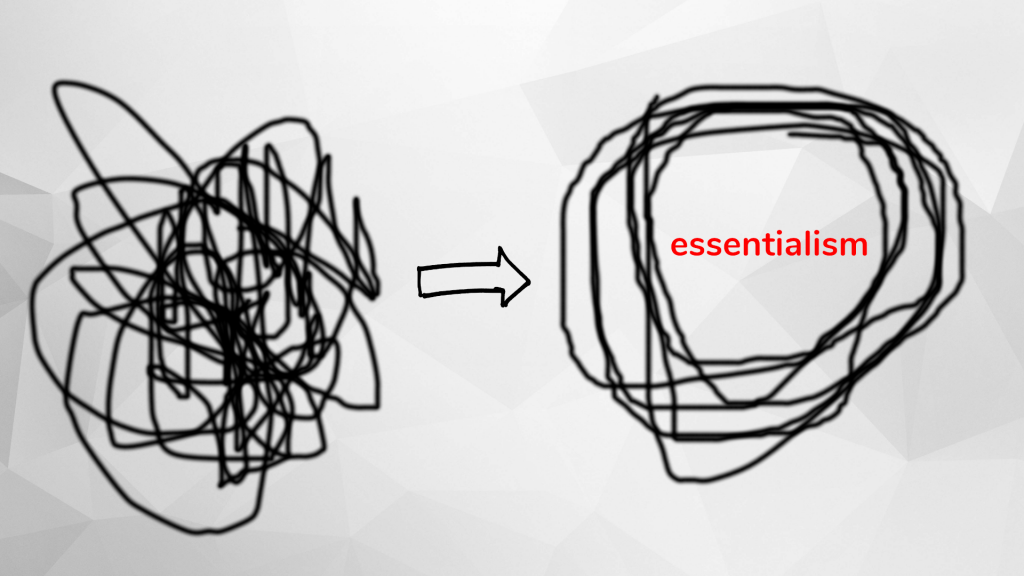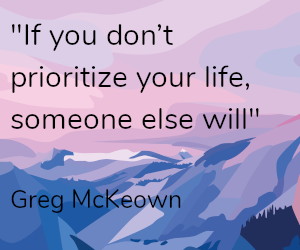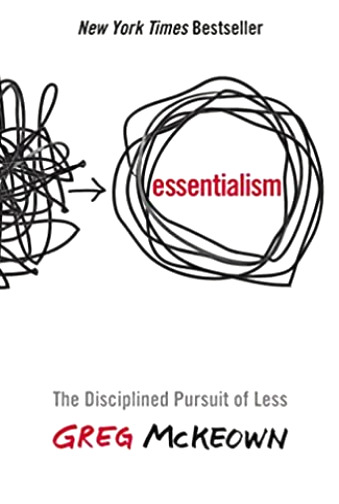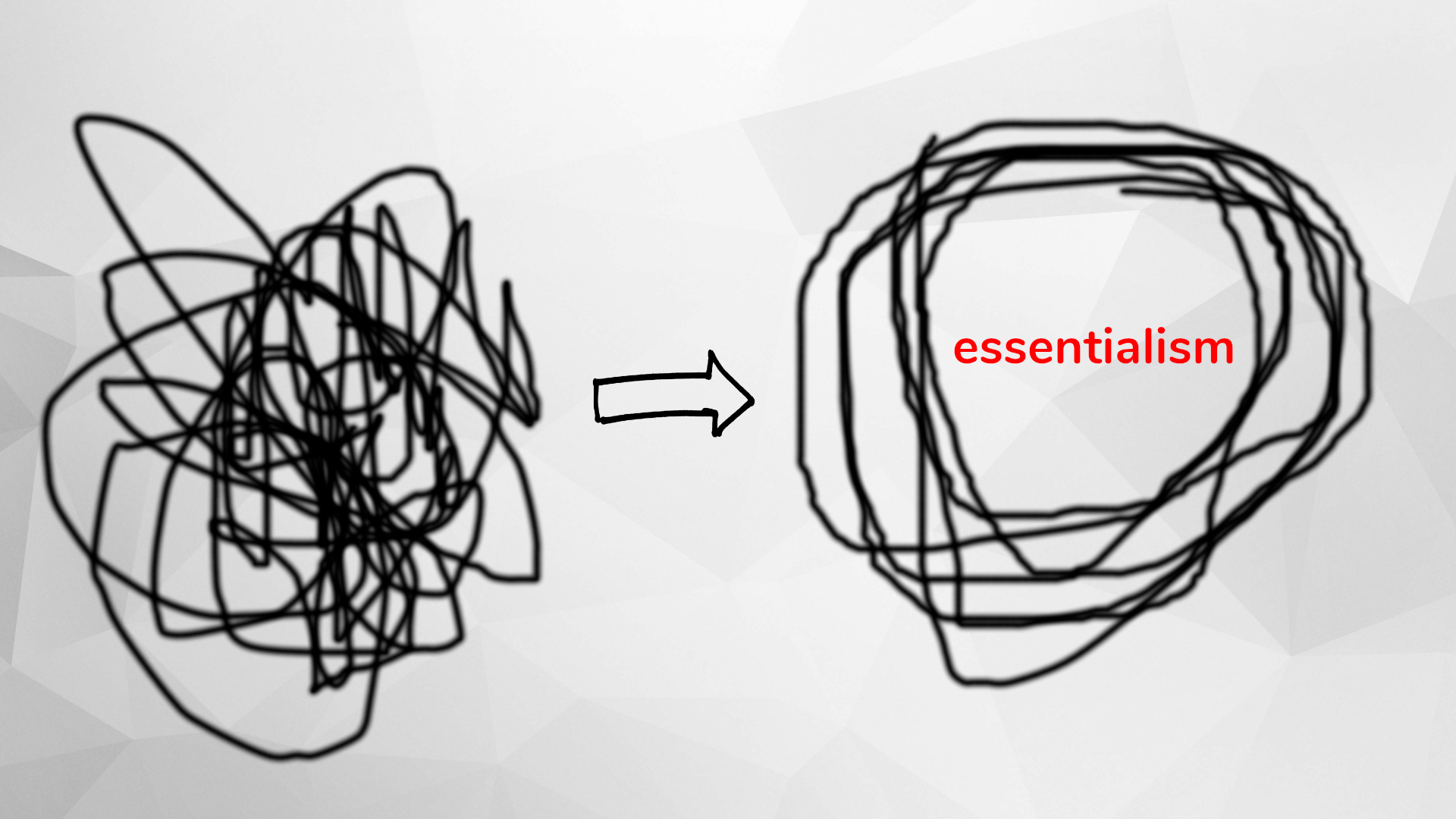The following are my notes on the Book Essentialism – the disciplined pursuit of less. The underlying principle of this book is “less but better”. The author Greg Mckeown starts with a personal story of how he left his wife and new born baby in hospital to attend a client meeting to try and keep everyone happy. When he arrived the clients were bemused by his decision and he instantly regretted the trade off.

Throughout the book is a core narrative that we should be saying no more often. Turning down opportunities, requests and everything else that isn’t essential. By taking on less we free ourselves up to focus on what is most important.
The first chapter goes into the mindset of an essentialist and the benefits of it in everyday life. When you start work on a project you are taking time and resources away from something else. That may be another more critical task at work, time with the family or a sacrifice to health and wellbeing. We often make these decisions without acknowledging the cost involved. There are constant pressures distracting us from reaching our highest level of contribution.

The second chapter digs into practical steps to essentialist enlightenment. One thing I couldn’t agree more with is making yourself unavailable. Turning notifications off on your phone, checking email daily, not being a slave to social media. I have taken some steps down this path previously and found it has cut down on disruptions while working and increasing productivity, concentration and quality of work.
The third chapter looks at human nature’s tendency to please and the inner conflict with saying no. It’s a difficult thing to do; turning down opportunities and accepting fomo for a greater cause. It’s even more difficult when you are turning down an opportunity presented from a personal relationship that you value. The chapter goes on to talk about sunken cost fallacy and the benefit of setting boundaries. Saying no to a request does not hurt our relationships with colleagues and friends in the way we assume.

The final chapter discusses the importance of routine and removing unnecessary decisions. This reminded me a bit of the Zuckerberg annual challenge where he wore the same outfit everyday for a year because it cut out some decision making requirements. The concept I’ve read about before but have never fully signed up to is that you have a limited amount of mental capacity and decision making ability in any one day and the more you fit into routine and make effortless the more capacity there is to make critical decisions in the workplace.
The book ends with a section reflecting on the importance of living in the moment, discussing mindfulness and the benefits of being present.

There are some noteworthy stories throughout the book. Warren Buffett apparently realised early on in his career that he couldn’t make hundreds of correct decisions so he decided to bet big on the things that he was sure about. The book claims 90% of his wealth came from just 10 deals.
I found this book very agreeable as most of the concepts were either familiar or things that make sense. However having said that I wish I had read it in my late teenage years because it’s packed with actionable advice. Less but better is a concept I’ll take with me and this book is highly recommended.
Essentialism: The Disciplined Pursuit of LessEssentialism Notes
- Say no more often
- Consider the hidden cost of accepting any request
- Don’t get distracted from reaching your highest level of contribution
- Make yourself unavailable & set boundaries
- Remove unnecessary decisions
- If a decision isn’t a clear yes, then say no to borderline opportunities
- Look for opportunities where less is better



